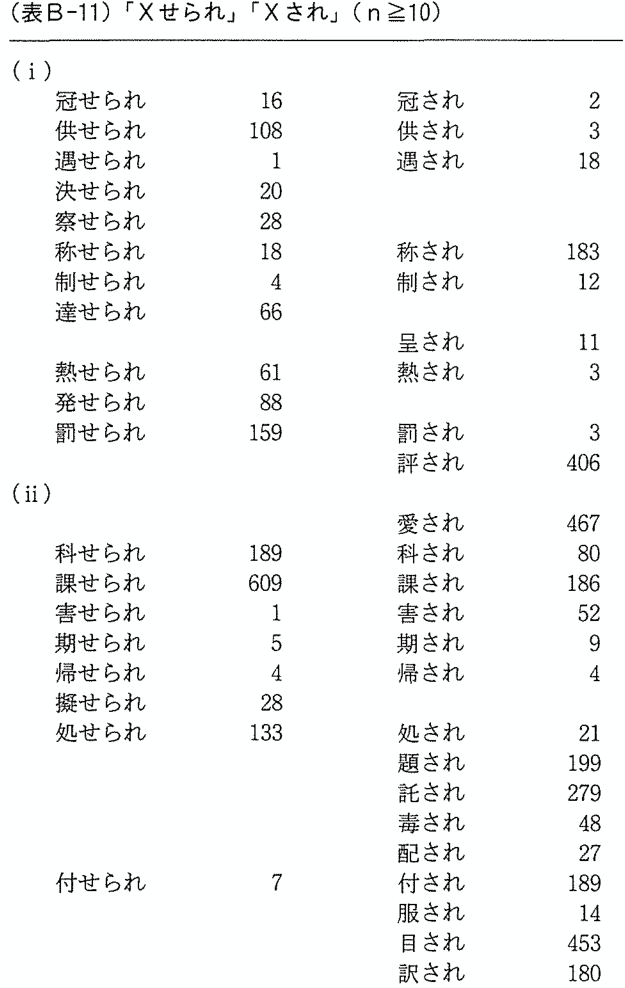I am sure this has been asked before, but due to this form's similarity to the causative-passive (e.g. 行かせられる), I simply cannot find anything except for some thick Japanese explanations complete with overly technical grammar terms.
I do not understand why the passive form is せられる instead of される for verbs like 発する, 罰する, 反する, and so on (so-called する verbs?). The conjugation table on Tangorin does not even list this せられる form at all.
Question:
Is the form される, e.g. 発される, ungrammatical, unnatural, or allowed? Moreover, do these verbs have other naughty naughty irregular conjugations that I have to look out for?
On a side note, I once read a discussion that said the alternative form of this type of verb (e.g. 罰す) is not used anymore, but I cannot locate that discussion. Would someone kindly shed light on this as well?
またつまらない質問を出してしまったが、どうぞよろしくお願いいたします!

